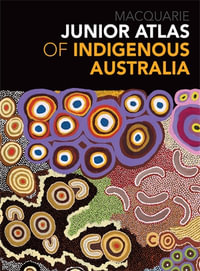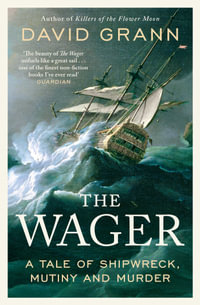Drawing on archaeology, biology, art, literature, and ethnography, this singular study illuminates the relationship between horse and human throughout history. From the Ice Age to the post-industrial age, horses have provided sustenance, transportation, status, companionship, and the ability to establish and expand empires. Included are stories of horses at work, at war, at play, and in art, film, and books, starting with the first equestrian encounters in which early humans in Asia and Europe hunted native horses for food. The dualities in the horse-human relationship are explored, such as humans' ability to both care for and slaughter horses, and the travel benefits that horses have provided that have enabled devastating warfare. Training techniques and breeding practices are examined from a global viewpoint, discussing cultures as varied as the Persians and the Nez Perce and looking at breeding stock that range from Lippizaners to quarter horses. Written in lucid prose full of wisdom, passion, and wonder, this far-reaching story explores a vital shaping force in the history of the world.
Industry Reviews
"Even for those who think they know a lot about horses . . . Chamberlin's remarkable and engrossing book will provide a wealth of unexpected--and entertaining--knowledge about the role of the horse in human history." --Michael Korda, author, "Horse People"
"A paean to the horse, our ambassador between the wild and the civilized. . . . Ambitious and sweeping." --"The Washington Post Book World"
"An enchanting essay: poetic and personal, but also learned and reflective. Chamberlin combines equine magic with horse sense." --Felipe Fernandez-Armesto, author, "Civilizations"
"Both as a genuine labor of love and awe and as a treasure trove of equinalia, "Horse "is bound to find many delighted fans." --"Los Angeles Times"
"Brings a sweeping historical and cultural viewpoint. . . . Chamberlin reaches back through the nearly 10,000 years during which he says horses have been domesticated." --"South Florida Sun-Sentinel"
"If you can't own a horse or ride one, reading this book is a good second best. In fact, it might get you riding, so be careful." --"The Globe and Mail"
























